Green jobs of the future in Australia that pay six-figure salaries
Australia’s renewable energy transition is creating jobs in fields workers have never seen before. This is what you could earn if you take the leap.
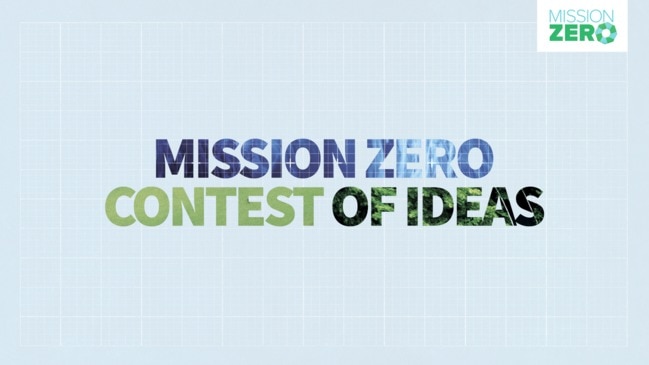
Accelerating Australia’s renewable energy transition is set to create jobs in fields from solar installation to engineering to sustainable supply chains.
Experts predict many white collar office roles will also evolve and that universities will introduce new green degrees to prepare students for future skill demands.
Nick Sutton, general manager of Brunel Australasia – which specialises in mining, oil and gas and renewable energy recruitment – said employment in the green economy was expected to continuing growing through to at least 2027.
“Unlike other industry transitions such as in automotive manufacturing and steel smelting, which have seen many jobs move offshore, a transition to renewable energy will create jobs in Australia,” Mr Sutton said.
“Job losses in coal-fired electricity generation are more than compensated for by increased employment in the renewable energy sector.
“Wind-turbine technicians and solar panel installers are the fastest-growing (green) jobs in the country.”
The National Skills Commission’s Skill Priority List for 2021 forecasted “strong” future demand for occupations including agricultural consultants, agricultural scientists, civil engineers and environmental managers, tasked with identifying and solving environmental issues in organisations and ensuring sustainable development.
It also predicted “moderate” future demand for environmental engineers, consultants and research scientists, and agricultural engineers.
Dr Rob Hales, director of the Griffith Centre for Sustainable Enterprise at Griffith University Business School, agreed there was increased demand for “green” jobs, but stopped short of predicting a shortage of talent.
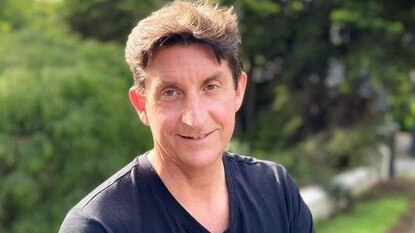
“There has been ups and downs over the last 20 years but the general trend over that time has been an increase (in jobs),” he said.
“I think it will continue – it’s not a passing fad.”
Dr Hales attributed the trend to changing social expectations around sustainability, green investments, climate change action and responsible business practices.
He said there was growing need for sustainability officers to oversee energy and emission reductions in organisations.
Many large companies already have these but Dr Hales said there had been a flow-on effect down the supply chain to smaller organisations.
“Then there are jobs that have an element of sustainability within them,” he said.
“A small business might not be able to employ a sustainability officer, but they might employ a marketer that has understanding of how sustainability relates to their business and consumer demand.”
Dr Hales said specific degrees designed to produce “sustainability graduates” already existed and that general business degrees now incorporated content on sustainability and social responsibility – but other industry experts believed current university offerings did not go far enough.
See the jobs below and what salaries they earn:
Career coaching provider Career Success Australia program director Naren Chellappah – who previously worked for universities in Victoria – suggested the introduction of new dedicated degrees, such as a Bachelor or Master of Trade and Sustainability, that prepare students for careers helping businesses meet sustainability obligations.
“If Australia is to meet its commitments to a zero carbon economy, then it’s likely that all businesses will need to have expert knowledge or advisers within the company to lead this change,” he said.
“This role would sit between accounting, finance, technology and engineering and provide expert advice to the management team.
“Look at big mining companies or the banking sector or tech companies – they will have to transform and who within the organisation will lead that change?
“Whether it’s compliance, internal communications to staff and stakeholders … do we have the people with the skills and knowledge?
“I don’t think the chief executive or managing director of a 30-person engineering operation would really know what’s going to happen in the next five years if, as a country, we start tasking these targets seriously.”
Mr Chellappah predicted accounting and finance degrees would also need a “massive overhaul” as companies must factor in carbon credits and consider how government tax policy effects traditional reporting.
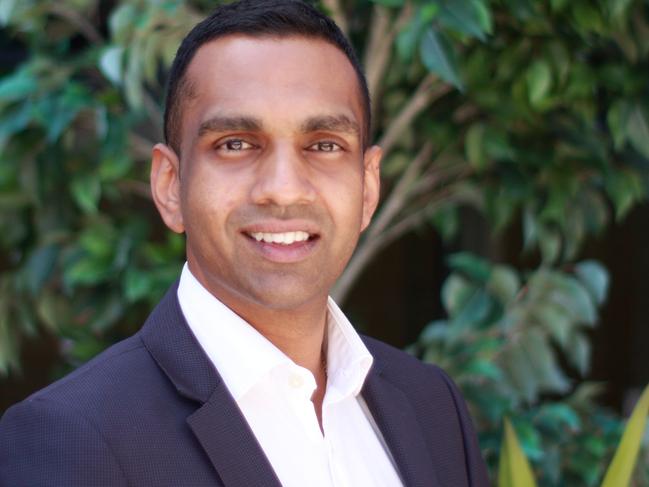
“Now is the time for universities to start having these discussions with industry and government as it will take two to three years to design, develop and teach suitable courses and produce job-ready graduates who are ready to work in the green economy in areas like IT, engineering, accounting and health sciences,” he said.
Data and scientific skills would also be increasingly important for the green jobs of the future, according to trend forecaster Michael McQueen.
He gave the examples of retailers using data to get supply chains right and reduce waste; and research teams developing solutions that convert sea water into drinking water or make concrete more environmentally friendly.
But ultimately, Mr McQueen’s advice for young people was to focus on “soft” skills.
“They will need the skill of persuasion,” he said.
“Young people will be going into roles where sustainability is their responsibility but how do you negotiate to get a good outcome?
“They also need to be able to do the stuff that AI (artificial intelligence) and robots can’t do -judgment, creativity, innovation.”
Warner’s Sean Mowen, 31, joined residential solar company Instyle Solar four years ago, after a career in landscaping.
He started in the call centre then was offered his current position, running the company’s warehouse Australia wide.
“The solar industry is getting bigger and better every year with more technology,” Mr Mowen said.
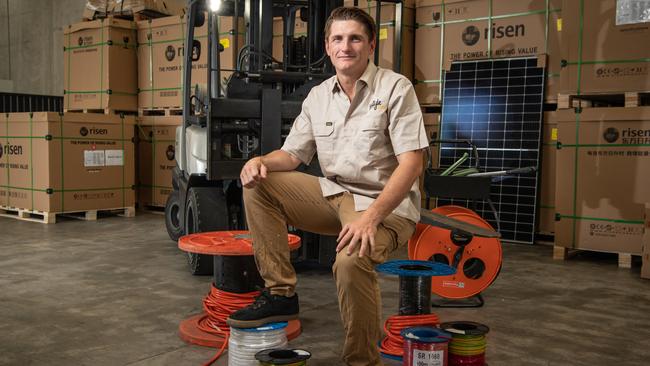
“As more renewable and sustainable products and services come onto the market, the job opportunities will continue to grow.
“It’s great to come to work everyday knowing you’re contributing positively to the environment. It’s a bonus that the industry is booming and there are so many great opportunities in different jobs.”
Glebe’s Tom Connell, 32, was an engineer with BHP before making the switch into the renewable energy sector.
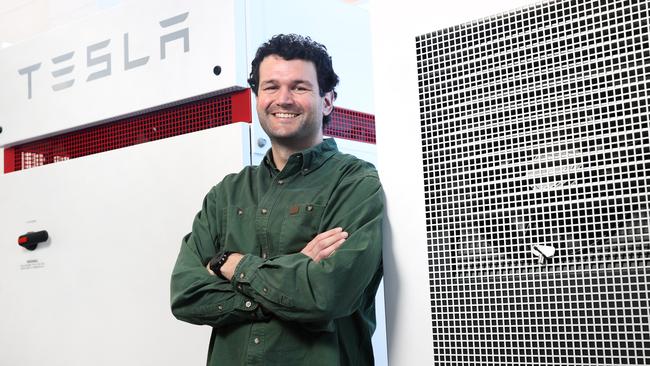
As delivery manager – energy at Quadsol, his role is a combination of business development, project management and technical skills.
“We do commercial and ground mount solar systems and we are rolling out community batteries,” he said.
“People assign a lot of ideology to green things and, for me, it’s great to be working in a sustainability-focused role, but from a purely pragmatic point of view it’s also the cheapest form of energy, it’s going to grow and countries around the world have committed to it and Australia will be doing it too, so in terms of future-proofing a career, it’s a smart decision.”
Mr Connell is currently studying a Master of Sustainability with The University of Sydney.
“That’s a multidisciplinary masters that takes courses from the business, law, engineering and science faculties and give a holistic view of sustainability,” he said.
“It’s a really useful approach because we brush up against environmental approvals and legal hurdles so you have to understand them when dealing with clients and their goals.”





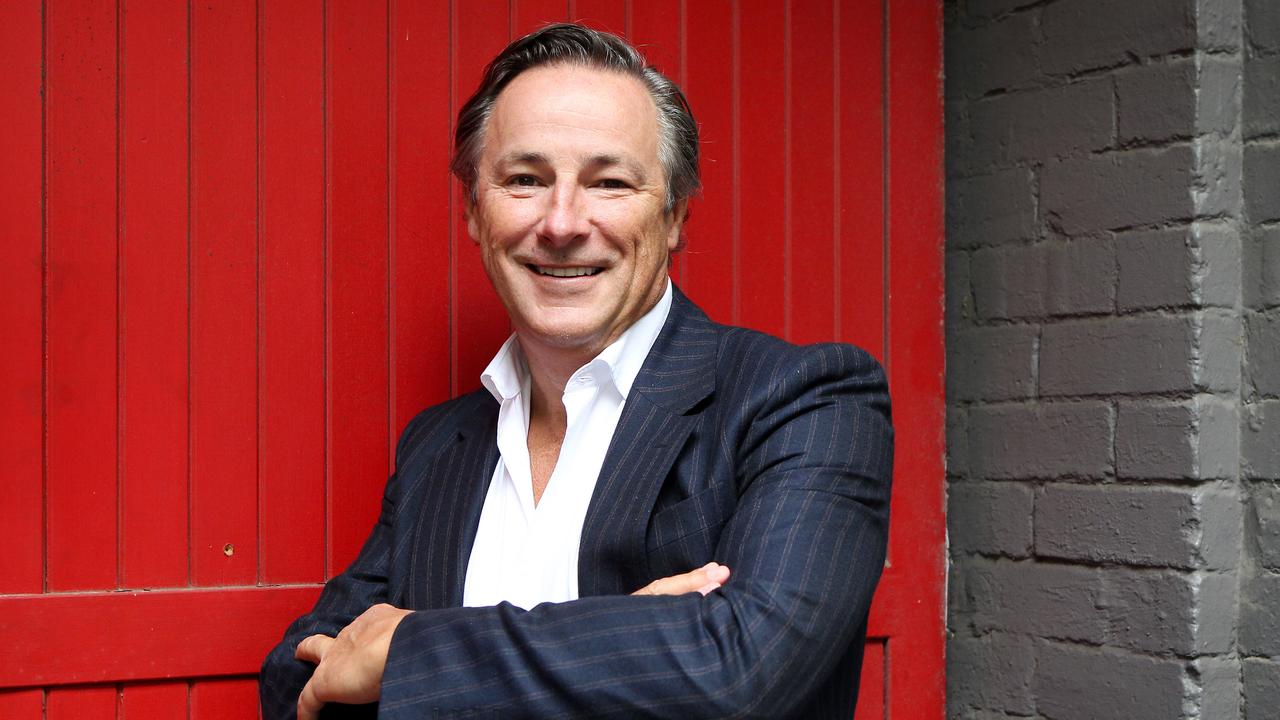
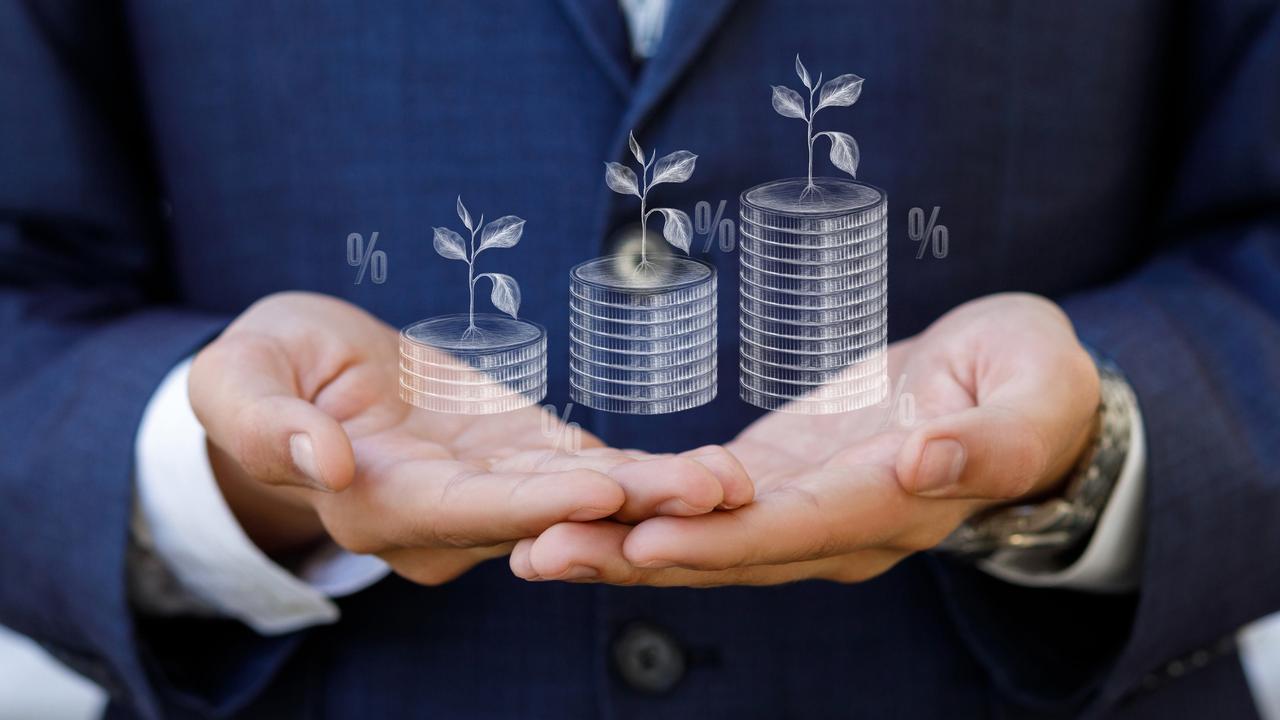
To join the conversation, please log in. Don't have an account? Register
Join the conversation, you are commenting as Logout